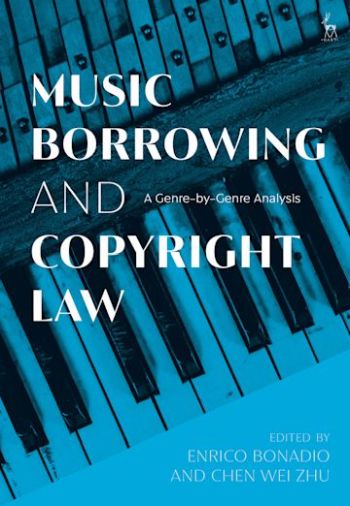
This ground-breaking book examines the multifaceted dynamics between copyright law and music borrowing within a rich diversity of music genres from across the world. It evaluates how copyright laws under different generic conventions may influence, or are influenced by, time-honoured creative borrowing practices.
Leading experts from around the world scrutinise a carefully selected range of musical genres, including pop, jazz, blues, hip-hop, electronic and dance, punk-rock and hardcore, choral and classical music, as well as a diversity of region-specific genres, such as flamenco, tango, Irish, Hungarian, Greek, Israeli, Arabic, Jamaican, Cuban, Maori, Australian aboriginal, African, Chinese, Indian, Sri Lankan, Vietnamese, Japanese, and Canadian music.
This genre-specific analysis builds on a theoretical section in which musicologists and lawyers offer their insights into fundamental issues concerning music genre categorisation, copyright's struggle with musical genres, and the typology of music borrowing practice under different generic conventions. The chapters are threaded together by a central theme, ie, that the cumulative nature of music creativity is precisely the result of collective bargaining processes among many “musicking” parties that have socially constructed creative music authorship under a rich mix of generic conventions.